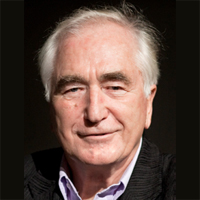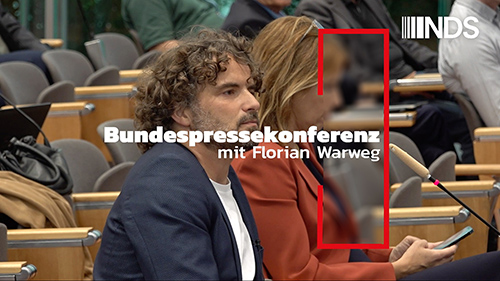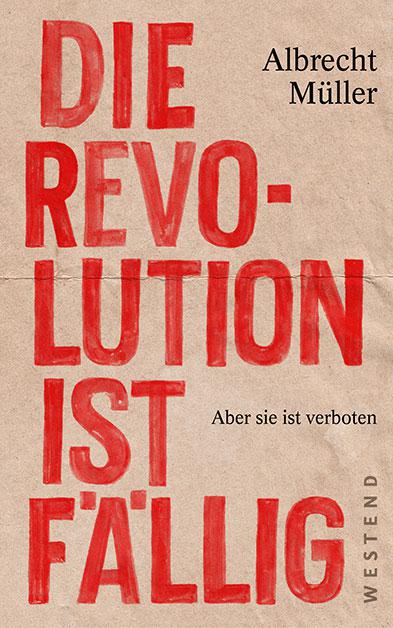“US turns to secret bombing and dirty war as peace sentiment surges”
Hier ein Tipp von Norman Birnbaum aus Washington. Leider auf Englisch. Norman schreibt: There are innumerable US articles which would potentially interest or actually interest your readers and I refrain from sending these on obvious grounds. However, the one that follows is of special value and I call it to your attention. Tom Hayden was a well known leader of the movement of protest in the sixties and has recently been a member of the California State legislature. Since the new Bush strategy will no doubt be endorsed by Merkel, this might serve German opinion as a warning about the political and imperial fraud it entails. Regards Norman.
US turns to secret bombing and dirty war as peace sentiment surges
By tom hayden
As long predicted, the Pentagon and White House are preparing to “draw down” [not “withdraw”] thousands of troops from Iraq beginning with ten thousand in the near future and 20-30,000 by spring 2006, while turning over bases to Iraqi troops with ceremonial fanfare, and proclaiming the coming of political democracy. A sample front-page headline in the LA Times predicts it all: “U.S. Starts Laying Groundwork for Significant Troop Pullout From Iraq.” [Nov. 26, 05]
Before you celebrate, ask yourself the purpose of these gestures.
Is it to end the war?
Or to end the anti-war movement?
What we know is that military stalemate on the ground and rising anti-war sentiment going into the 2006 election year have forced consideration of a retreat from the Bush Administration’s once-grand ambitions. To guess the future, however, it is important to revisit the Vietnam War, the formative experience for many of the Pentagon’s warriors and Washington politicians.
On March 31, 1968, President Lyndon Johnson announced he would not run for re-election, but instead initiate a diplomatic effort for peace. According to the Pentagon Papers, “In one dramatic action, President Johnson had for a time removed the issue of Vietnam from domestic political contention.” The US stopped bombing North Vietnam above the twentieth parallel, shifting their bombing targets to South Vietnam, Laos and, secretly, Cambodia in early 1969, “while dropping a higher total tonnage than before.” [see Ellsberg, Secrets, p. 227]
Richard Nixon promised a “secret plan for peace” in 1968, and let Henry Kissinger remark that “peace is at hand” in 1972. Both statements helped win presidential elections. But between 1969 and 1973, the war was intensified in several forms: a massive US air bombardment and the “Vietnamization” of the ground war, complete with revelations of torture camps at Con San, “tiger cages”, Operation Phoenix [a CIA-managed program of annihilating tens of thousands of villagers suspected of being the Vietcong “infrastructure”], and what Professor Samuel Huntington called the “forced urbanization” of the Southern peasantry.
The same policies are operative today, and will become more pronounced if the Pentagon begins “drawing down” troops. First, the air war is expanding without media or Congressional discussion. A Pentagon press release in late 2004 declared that the 3rd Marine Aircraft wing alone had dropped five hundred thousand tons of “high-tech steel on target”, and that the tonnage would grow “much higher.” [Seymour Hersh, The New Yorker, Dec. 5, 05].
Second, it is clear that the US covert operations include a dirty war modeled on a revived Phoenix program using Iraqi Shiite [Badr] militias who conduct assassinations, operate secret prisons, and terrorize Sunni neighborhoods. Hundreds of bodies are turning up, shot in the head, “burned with acid and drilled with holes by electric drills.” Sunnis are rightly asking how the death squads have obtained police uniforms, police cars, and license to drive after curfews. [see LA Times, NY Times Nov. 29, 05]. These operations probably are the real reason for stationing John Negroponte as ambassador to Iraq. Negroponte has a long history of association with covert ops, particularly with the Honduran death squad known as unit 301 when he was ambassador to that country.
A top security official close to Cheney and Rumsfeld told Hersh [one wonders why] that “We’re not planning to diminish the war…We just want to change the mix of the forces doing the fighting…As long as the Kurds and the Shiites stay on our side, we’re set to go…We’re in the middle of a seven-year slog in Iraq.”
The problems with the new US strategy are [1] the glaring weaknesses of the Iraqi army and[2] the rising tide of anti-war opinion in the US, Iraq and Britain.
Though apparently believing that the US should stay the course in Iraq, James Fallows has devastated the notion of “Iraqization” in his article “Why Iraq Has No Army” [Atlantic Monthly, Dec. 2005] This suggests that the thoroughly cynical strategy of the Nixon-Kissinger era is at work again: pull out thousands of US troops and, after a “decent interval”, watch the Iraqi Army implode and scatter, followed by a sectarian civil war and emergence of a divided Iraqi confederation dependent on Western credits and investment. Another option in the short run would be to withdraw 60,000 American troops from largely Sunni areas, and concentrate the bombing and Special Forces operations in Sunni areas and the Syrian frontier. Still another approach, modeled on Nixon’s trip to China, might be a diplomatic deal with Iran to somehow contains its allies in Iraq.
The collapse of “Iraqization” might unfold in the natural course of events, rather than a Kissinger-like conspiracy, but it seems bound to happen.
Where does this leave the peace movement?
In the short term, an increased emphasis should be placed on demanding media and Congressional attention to the secret bombing campaign and the dirty war.
At the same time the peace movement should be claiming victory in contributing to the vast shift in American public opinion over the past six months. In a quite extraordinary development, Rep. Nancy Pelosi has endorsed Rep. John Murtha’s call for a six-month withdrawal and many Democrats are expected to follow. Republicans are distancing themselves from Bush at the same time. The Out of Iraq Caucus is in from the basement of Congress. Rep. Jane Harman, traditionally a Democratic hawk, has publicly supported the five-point exit strategy circulated by many anti-war groups. The hawks are leading the doves towards withdrawal.
The activists who have marched on Washington, blocked military recruiters from meeting their quotas, passed local anti-war resolutions, circulated exit strategy petitions, and passed anti-war resolutions at eight state Democratic conventions have played a key role in shaping public and Congressional opinion.
Now it may become harder, as millions of Americans could be manipulated to believe that the politicians have gotten the message and will rapidly withdraw from Iraq. The peace movement could become smaller through achieving the appearance of success.
The need for public outreach is greater than ever. The opportunity to intervene as a prickly factor in the 2006 Congressional elections is crucial. So is the intellectual and political task of demanding an exit strategy: not just a strategic redeployment, but the end of the occupation itself. A crucial moment is coming in February, when the Arab League is sponsoring a conference in Baghdad among the factions who recently called for an American withdrawal and defended the legitimacy of national resistance. It is possible that a majority of the Iraqi parliament to be elected December 15 will join the call for a US withdrawal in February with brutal arguments over the calendar and further concessions to the Sunnis. The US should be forced to accept this process rather than continuing to block or manipulate it. As Murtha and others have begun saying , eighty percent of Iraqis want the US out of their country. Months ago, the Project on Defense Alternatives predicted that January will be the “tipping point” when Iraqi demands for withdrawal will become unstoppable.
Besides the Murtha withdrawal resolution, the focus in January should be on calling for peace talks among the majority of Iraqis, appointment of a peace envoy to signal a US shift from the military model, and meaningful promises that the Halliburtons will be withdrawing along with US troops, to be replaced by a reconstruction program shaped by the Iraqis themselves with assistance from the international community.
© Tom Hayden














